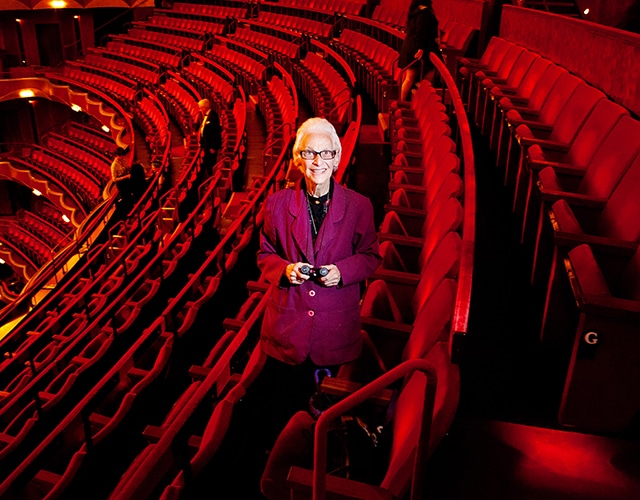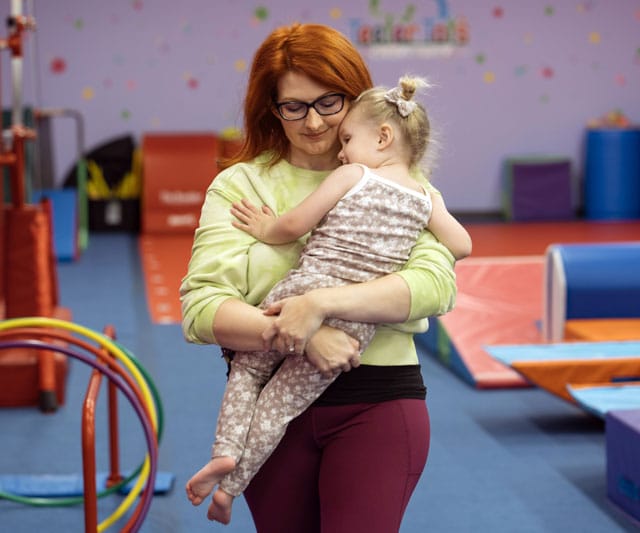When Lois Kirschenbaum, a cultural aficionado who was a fixture in the standing room section of the Metropolitan Opera for more than half a century, died in 2021 at 88, star singers gave tributes, and fellow fans offered remembrances.
But that was not the end of Kirschenbaum’s relationship with the arts.
Though even her closest friends didn’t know, Kirschenbaum, a former switchboard operator who lived in a rent-controlled apartment in the East Village, had made plans to give away a large share of her life savings — some $1.7 million — to cultural groups upon her death. After years of legal proceedings, donations of $215,000 apiece have started to arrive, surprising groups like New York City Opera, American Ballet Theatre, Carnegie Hall and the Public Theater.
“I was just astonished,” said John Hauser, president of the George and Nora London Foundation for Singers, one of the recipients. “I had no idea that she had that kind of money.”
No-frills lifestyle
Kirschenbaum had no spouse, siblings or children, and lived a no-frills lifestyle, working as a switchboard operator for the International Rescue Committee, a humanitarian aid organization, until her retirement in 2004. On most nights, she traveled by bus and subway to Lincoln Center, where she secured free or cheap tickets just before performances began.
Elena Villafane, a lawyer for the executor of the estate, said that Kirschenbaum had “an incredibly frugal, Depression-era lifestyle.” Her father was an optometrist who died in 1990, Villafane said; his first and second wives died before him.
“She didn’t take a cab; her furniture was old; she didn’t spend money on clothes; she wasn’t going to Bloomingdale’s,” Villafane said of Kirschenbaum.
“Whatever little money she spent,” she added, “she spent on the arts.”
Hard-core opera buff
For decades, Kirschenbaum was the doyenne of hard-core opera buffs who populated the standing-room sections at the Met. Legally blind from birth, she often watched performances from the uppermost balcony through large binoculars. After the curtain call, she rushed to the stage door for autographs, bringing a bag full of memorabilia — photos, recordings and scores — to be signed.
Susan Jaffe, artistic director of American Ballet Theatre, who was a principal dancer with the company from 1983 to 2002, recalled seeing Kirschenbaum frequently after performances.
“In the world of ballet, Lois Kirschenbaum was not just a devoted fan — she was a silent force, an unwavering presence outside the stage door,” she said in a statement. “Little did we know, behind her humble demeanor, she held the power to surprise us with a wonderful legacy gift.”
Kirschenbaum’s devotion helped her befriend opera stars including Beverly Sills, Renée Fleming, Luciano Pavarotti and Plácido Domingo. Dutifully signing her belongings became a rite of passage for some singers. While they chatted, Kirschenbaum gathered information about their upcoming appearances and compiled it in lists that she distributed to fellow opera buffs.
Trove of memorabilia
She left behind a trove of memorabilia — thousands of programs, many of them autographed, and even ballet slippers — that she directed to be given to the New York Public Library for the Performing Arts at Lincoln Center.
The library has not yet received her items, but Bob Kosovsky, a rare books and manuscripts librarian who knew Kirschenbaum and helped pack up her belongings, called the material the “documentation of the superfan.”
He pointed to her frequent notes in the margins of her programs. In 1978, the New York Philharmonic gave three performances of a program that featured the final scene from Richard Strauss’ opera “Salome.” She wrote in the program from one concert: “Even better than 1st perf.”
“You really get a sense of her personality,” Kosovsky said.
Total estate: $4 million
The total distribution from Kirschenbaum’s estate, about $4 million, is being divided equally among 18 nonprofit organizations and one individual: a woman who helped care for her and her father. In addition to her donations to cultural institutions, she left money for Jewish groups including the Simon Wiesenthal Center, as well as for nonprofits that assist the blind, such as the American Foundation for the Blind. And she gave to her former employer, the International Rescue Committee.
Despite her enthusiasm for Met performances, Kirschenbaum did not leave a gift for the opera house. Friends have speculated that she might have been angered by the company’s decision in the early 1990s — around the time she created her will — to ban her backstage, relegating her to the stage door.
Instead, she gave money to other opera groups, including several that help young singers: the London foundation, the Richard Tucker Music Foundation and Opera Index.
The London foundation, named for storied bass-baritone George London and his wife, Nora, announced this week that it planned to give an award in Kirschenbaum’s honor at its competition for young singers next month. Kirschenbaum, who knew the Londons from backstage at the Met, was a frequent guest at the foundation’s events.
“She was the absolute perfect spectator,” said Hauser, from the foundation. “I can’t think of anyone who loves opera quite as voraciously as she did. She was just an opera superfan. It really was the most important thing in her life.”
c.2024 The New York Times Company. This article originally appeared in The New York Times.







